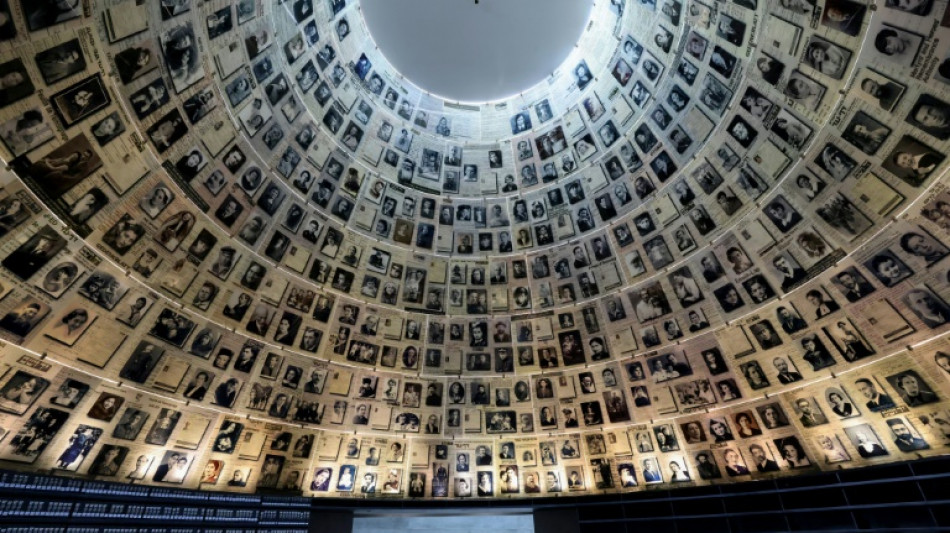UN adopts resolution against Holocaust denial
The UN General Assembly on Thursday adopted a non-binding resolution calling on all member states to fight against Holocaust denial and anti-Semitism, especially on social media.
The Israeli-proposed text was developed with the help of Germany and co-sponsored by several dozen of the 193 states that make up the United Nations.
Iran, however, expressed opposition to the resolution, stating that Tehran dissociated itself from the text.
The resolution "rejects and condemns without any reservation any denial of the Holocaust as a historical event, either in full or in part," according to the text.
The Holocaust saw the genocide of six million European Jews between 1939 and 1945 by the Nazis and their supporters.
The text "commends" countries that preserve sites of former Nazi death camps, concentration camps, forced labor camps, execution sites and prisons during the Holocaust.
It also urges UN members to develop educational programs "to help to prevent future acts of genocide" and calls on states and social media companies to "take active measures to combat anti-Semitism and Holocaust denial or distortion."
In a statement, Israel's ambassador to the UN, Gilad Erdan, welcomed the "historic resolution," which had been negotiated for several months.
The text "for the first time, gives a clear definition of Holocaust denial, calls on countries to take steps in the fight against anti-Semitism," and demands for social media giants such as Facebook, Twitter and Instagram to fight the "hateful content" on their platforms.
Israeli Foreign Minister Yair Lapid and his German counterpart, Annalena Baerbock, in a joint statement welcomed the resolution, which they said served as proof that the international community "speaks with one voice" on the subject.
A resolution in 2005 designated January 27 as an international day of remembrance for the victims of the Holocaust.
Yad Vashem, the World Holocaust Remembrance Center in Israel, additionally welcomed the passage of the resolution.
"Holocaust distortion is so dangerous because, quite plainly, it misrepresents essential facts of history in order to legitimize past and present misdeeds," said its director Dani Dayan.
"The Holocaust carries substantial relevance for many vital contemporary issues. Denying and distorting the uniqueness and unprecedented aspects of events is not only detrimental to the memory of the Holocaust but to that of other atrocities and genocides as well," he added.
C.F.Salvi--BD
